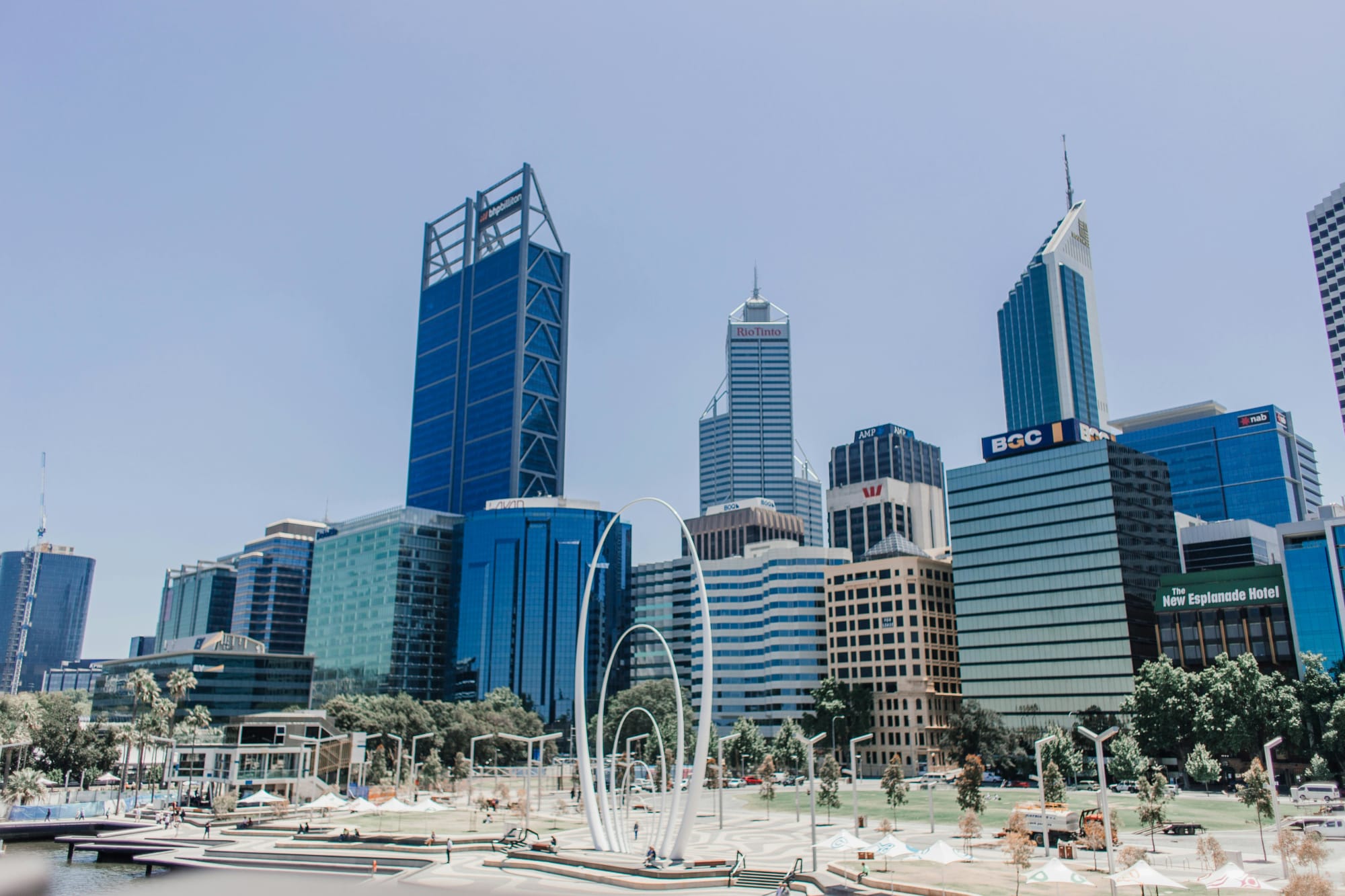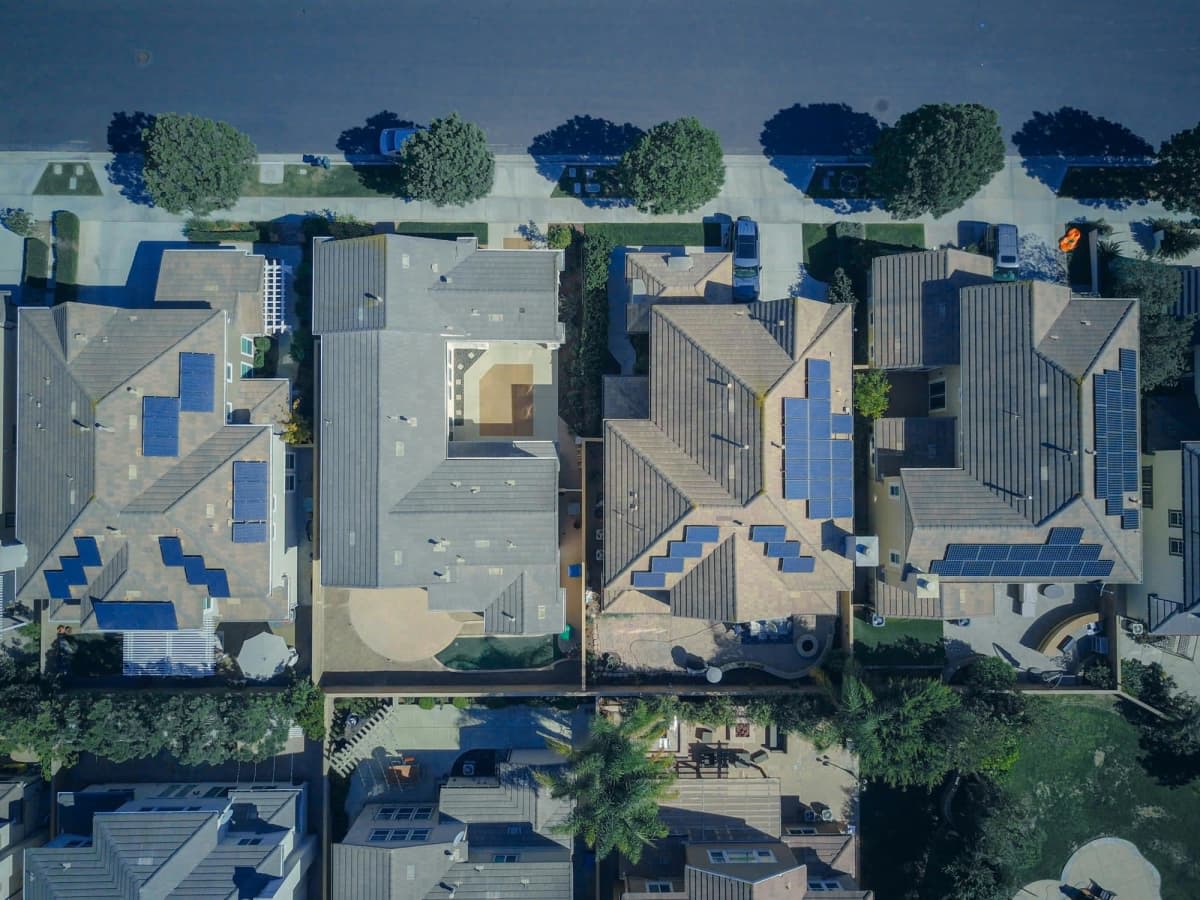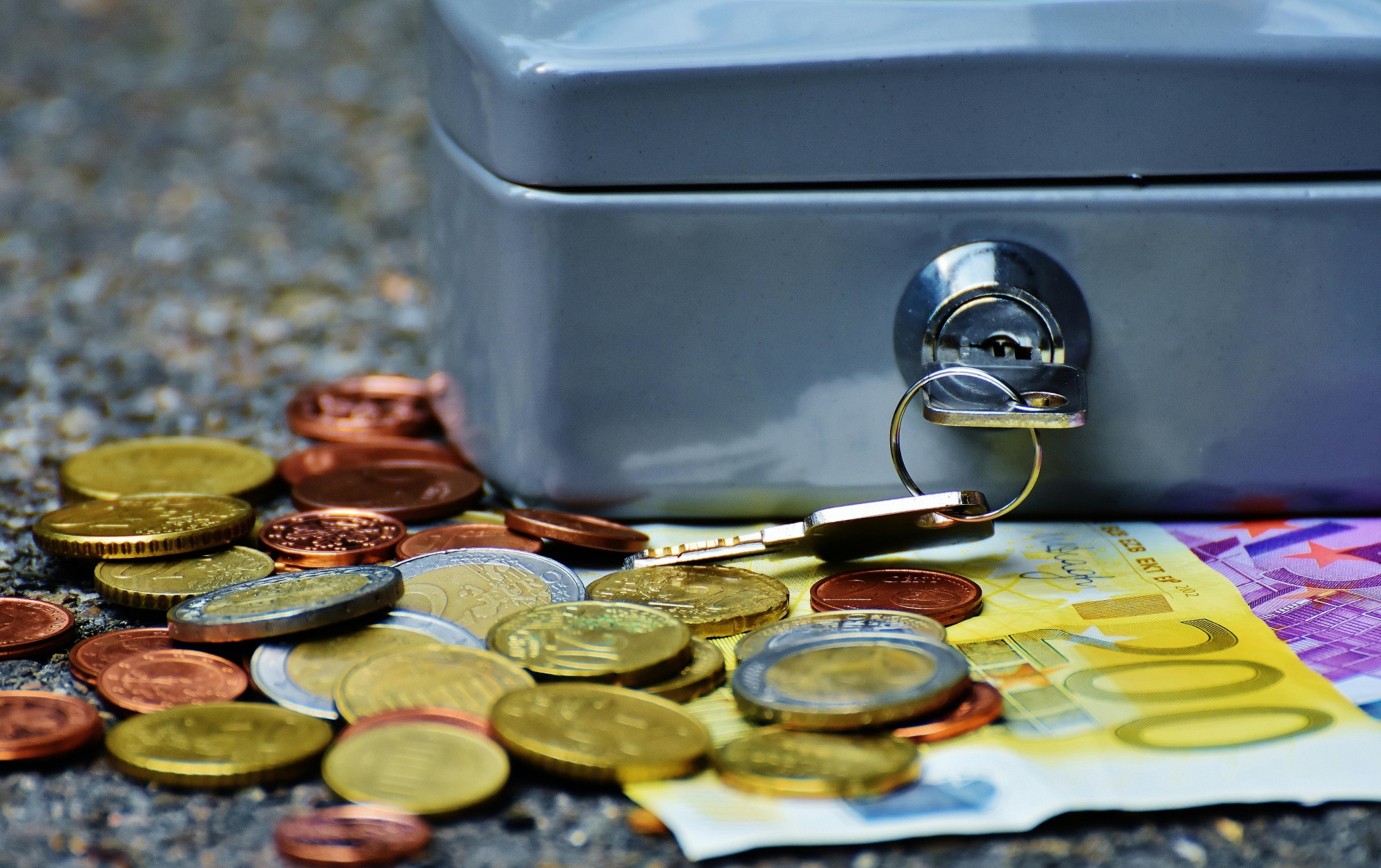Save
Australians grapple with stubborn cost of living in 2025
In a year marked by persistent financial strain, only a meagre 7% of Australians believe that the cost of living has improved, according to the 2025 Household Budget Barometer released by Compare the Market. Despite attempts at economic stability and government interventions, the outlook remains grim for many households across the nation.
Australians grapple with stubborn cost of living in 2025
In a year marked by persistent financial strain, only a meagre 7% of Australians believe that the cost of living has improved, according to the 2025 Household Budget Barometer released by Compare the Market. Despite attempts at economic stability and government interventions, the outlook remains grim for many households across the nation.

The report, which serves as an annual gauge of financial wellbeing, reveals a troubling picture of economic sentiment. Just 22% of Australians express optimism about the future of the economy, even as inflation shows signs of moderation and the cash rate experiences a downward trend. These figures underscore the ongoing challenges faced by everyday Australians in navigating their financial landscapes.
In response to these pressures, a significant number of Australians are taking proactive measures to mitigate rising costs. The report highlights that nearly three-quarters of those surveyed (73%) have actively shopped around for better deals in the past year. This trend reflects a growing awareness and determination to maximise savings in an environment where every dollar counts.
Key insights from the Household Budget Barometer
The report sheds light on several key areas where Australians are seeking financial relief. Notably, there has been a year-on-year increase in the number of individuals searching for cheaper car insurance, with the figure rising to 47% in 2025. Additionally, 32% of respondents have compared home and contents cover, and 34% have switched electricity plans in search of savings. These statistics underscore a widespread shift towards more cost-conscious consumer behaviour.
However, the report also highlights the mounting financial pressures that continue to burden households. Average insurance premiums in Australia's five largest capitals have surged, with the cost of covering a four-bedroom home up nearly 23%, and car insurance premiums increasing by almost 18%. These rising costs contribute significantly to the financial strain experienced by many families.

Credit card debt among survey respondents has also seen a notable increase, rising by 9% year on year. Additionally, the use of Buy Now, Pay Later services has jumped by 8%, indicating a reliance on alternative payment methods as Australians strive to manage their expenses.
The report also notes that the median quarterly electricity bill has remained steady at $350, equating to an annual spend of $1,400. This stability offers a small reprieve amidst the broader landscape of rising costs. However, groceries continue to be a major concern, with one in five Australians (21%) rating them as their most worrisome household bill. The average Australian spends a staggering $10,304.32 on groceries annually, highlighting the significant impact of food costs on household budgets.
The Role of Intergenerational Support
David Koch, Compare the Market’s Economic Director, emphasises the importance of comparing, switching, and shopping smarter as essential tools for Australians navigating these challenging times. "Prices aren’t coming down – we’re just getting better at looking for value," Mr Koch stated. "Australians are comparing more than ever – whether it’s car insurance, electricity plans or grocery items. But that doesn’t mean life is getting easier."
The report also underscores the critical role of intergenerational support in helping families cope with financial pressures. From grandparents assisting their adult children to young people providing support for their ageing relatives, these family dynamics have become vital in weathering the economic storm. "While the government has chipped in with energy and childcare rebates, the most meaningful support has come from individuals supporting their families," Koch noted.
Despite the resilience shown by Australians, Koch calls for stronger action from governments and regulators to hold companies accountable when price hikes become excessive. "Tough times bring out the best in our communities, but it shouldn’t be up to everyday Aussies to carry such a heavy load alone," he said. "We need stronger action from governments and regulators to step in and hold companies to account when price hikes go too far."
As Australians continue to navigate the complexities of the cost-of-living crisis, Compare the Market remains committed to empowering consumers to push against high prices. By shopping around and switching where savings are available, individuals can take control of their financial situations and make informed decisions that benefit their back pockets.
The 2025 Household Budget Barometer, based on a survey of over 3,000 Australian adults, offers a comprehensive snapshot of the financial challenges and coping mechanisms employed by households across the country. Compare the Market's ongoing efforts to monitor spending trends and track insurance quote prices provide valuable insights into the evolving landscape of Australia's cost of living.

How to budget
Help to Buy switches on in WA: What the shared‑equity rollout means for banks, brokers and builders
Western Australia has joined the federal Help to Buy program, flipping the switch on a new stream of first‑home demand. The shared‑equity model reshapes risk, margins and distribution for lenders and ...Read more

How to budget
Australia’s first-home buyer reset: how policy, rates and competition will shape the rebound
After a flat first half of 2025, first-home buyer (FHB) activity is set to lift—nudged by a five per cent deposit guarantee and the Reserve Bank’s first rate cut since 2020. But a rebound won’t be ...Read more

How to budget
Australians Seek Bargains to Stretch Christmas Budgets Amid Rising Costs
As the festive season approaches, Australians are preparing to spend more on Christmas gifts and festive feasts compared to previous years. However, despite larger budgets, many are still on the hunt ...Read more

How to budget
How to take control amid rising electricity costs
Energy bills are increasing for almost nine in ten Australians, forcing many to think outside the box when it comes to keeping costs and electricity usage down. While some are resorting to showering ...Read more

How to budget
Aussies get savvy with energy hacks as costs surge
As energy costs continue to climb across Australia, a recent study commissioned by Zip Co (ASX: ZIP) reveals that 91% of Australians are actively seeking innovative ways to reduce their energy billsRead more

How to budget
The psychology behind saving: Understanding and overcoming common barriers
Saving money is a fundamental aspect of financial security, yet many people find it difficult to set aside a portion of their income regularly. Read more

How to budget
Smart saving tips for first home buyers in Australia
Purchasing your first home is a significant milestone, but the path to homeownership in Australia can seem daunting due to the high property prices and competitive market. However, with the right ...Read more

How to budget
Crafting your safety net: Building an emergency fund in Australia
In uncertain times, having an emergency fund is more than a financial buffer—it's peace of mind. For Australians looking to start their journey towards financial security, building an emergency fund ...Read more

How to budget
Help to Buy switches on in WA: What the shared‑equity rollout means for banks, brokers and builders
Western Australia has joined the federal Help to Buy program, flipping the switch on a new stream of first‑home demand. The shared‑equity model reshapes risk, margins and distribution for lenders and ...Read more

How to budget
Australia’s first-home buyer reset: how policy, rates and competition will shape the rebound
After a flat first half of 2025, first-home buyer (FHB) activity is set to lift—nudged by a five per cent deposit guarantee and the Reserve Bank’s first rate cut since 2020. But a rebound won’t be ...Read more

How to budget
Australians Seek Bargains to Stretch Christmas Budgets Amid Rising Costs
As the festive season approaches, Australians are preparing to spend more on Christmas gifts and festive feasts compared to previous years. However, despite larger budgets, many are still on the hunt ...Read more

How to budget
How to take control amid rising electricity costs
Energy bills are increasing for almost nine in ten Australians, forcing many to think outside the box when it comes to keeping costs and electricity usage down. While some are resorting to showering ...Read more

How to budget
Aussies get savvy with energy hacks as costs surge
As energy costs continue to climb across Australia, a recent study commissioned by Zip Co (ASX: ZIP) reveals that 91% of Australians are actively seeking innovative ways to reduce their energy billsRead more

How to budget
The psychology behind saving: Understanding and overcoming common barriers
Saving money is a fundamental aspect of financial security, yet many people find it difficult to set aside a portion of their income regularly. Read more

How to budget
Smart saving tips for first home buyers in Australia
Purchasing your first home is a significant milestone, but the path to homeownership in Australia can seem daunting due to the high property prices and competitive market. However, with the right ...Read more

How to budget
Crafting your safety net: Building an emergency fund in Australia
In uncertain times, having an emergency fund is more than a financial buffer—it's peace of mind. For Australians looking to start their journey towards financial security, building an emergency fund ...Read more













